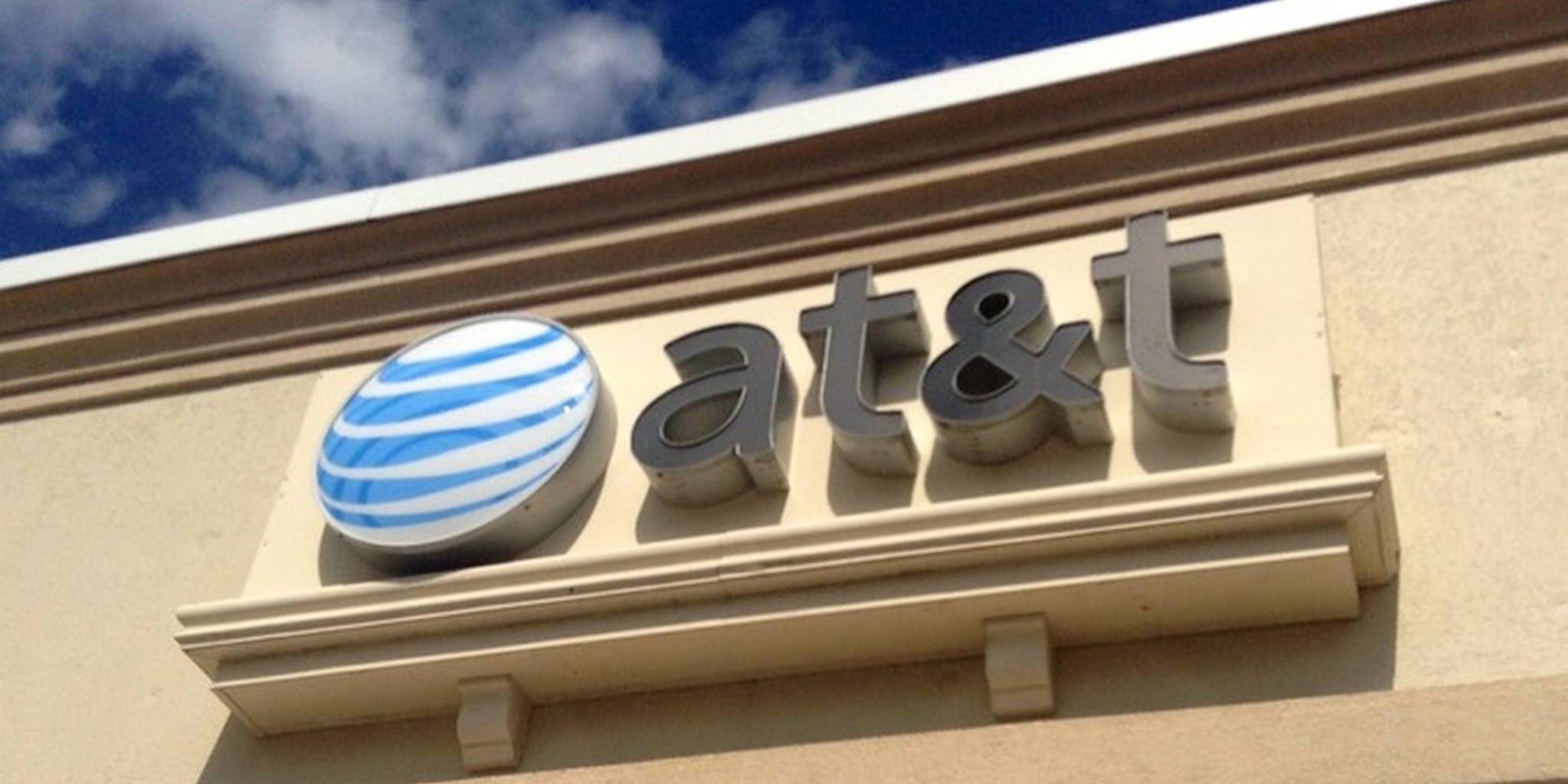People generally turn on Wi-Fi when they’re at home to save mobile data. But that won’t be so attractive to AT&T customers once the company implements its new $30 fee for unlimited data on its home Internet service.
The creation of an unlimited option accompanied a bump in data limits for existing customers on capped plans. Customers with a 250GB plan will now get 300GB, while 500GB subscribers will get 1TB.
The changes are based on the speed tiers to which customers subscribe. The lowest cap, 300GB, offer speeds between 768 Kbps and 6 Mbps. That figure is well below the national average for Internet speed in the United States, which sits at 12.6 Mbps, according to data from cloud service company Akamai.
AT&T’s mid-tier offering, which promises speeds between 12 Mbps and 75 Mbps, offers a 600GB data allowance. The top tier, with speeds between 100 Mbps and 1 Gbps, gets the 1TB cap.
The new caps may seem like customer-friendly changes, but they come with the promise that AT&T will crack down on anyone who exceeds them. The service provider will charge customers $10 for every additional 50GB of data they use.
Each customer’s first monthly overage will earn them a simple a warning and no fee. But in subsequent months, AT&T will regularly bug customers about their cap, warning them when they’re reached 65, 90, and 100 percent of available data. In the second cycle, with warnings in place, there is also no charge for a monthly overage. The third overage is when AT&T will begin levying the penalty.
AT&T is far from the first company to charge more money for more data. Comcast has instituted a 300GB cap, which the company claims that only about 8 percent of its subscribers exceed.
Data caps as a concept have been questioned by open-Internet groups. The non-profit organization Public Knowledge took issue with the practice when Comcast introduced it, saying, “Usage-based billing is not about managing network performance or congestion, but simply a way to make some users pay more.”
Public Knowledge has also called on the Federal Communication Commission to investigate these caps and decide whether they violate telecom regulations.
AT&T has come under fire in the past for how it handles its customers’ data usage. The FCC fined the company $100 million in 2015 for misleading its mobile subscribers about its unlimited data plans.
The company has also been criticized for only making unlimited data available to people who subscribe to both its wireless and TV services, as well as for charging its fiber Internet subscribers more if they decline to accept Internet usage tracking and personalized ads.
Photo via Mike Mozart/Flickr (CC BY 2.0)


